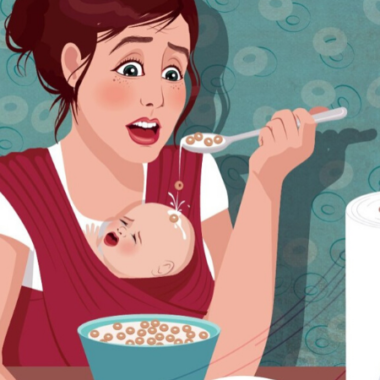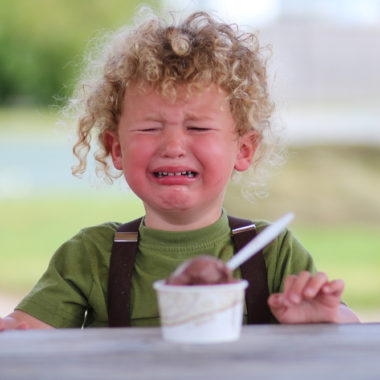ADHD stands for Attention Deficit Hyperactivity Disorder. People with ADHD have differences in brain development and brain activity that affect their abilities to pay attention, exercise self-control, and even sit still. It is one of the most common neurodevelopmental disorders of childhood that often proceeds into adulthood.
According to the National Institute of Mental Health (NIH), there are three major ADHD symptoms namely;
- Hyperactivity: Children who are hyperactive tend to be restless, easily bored, squirmish, or fidgety. They are always on the move and can’t seem to sit still or stay quiet even for short periods of time. They often talk excessively and are easily distracted.
- Inattentiveness: Children who are inattentive have difficulty concentrating on tasks or listening to instructions. They often miss a lot of details and end up making mistakes. They also tend to daydream and hardly finish what they start.
- Impulsivity: Children who are impulsive act before thinking. They often interrupt and intrude on others. a classic example is blurting out answers before the teacher has finished asking the question or not waiting their turn. They also tend to be impatient, disrupt group activities and upset other children by pushing, pulling or grabbing for no reason.
Diagnosing ADHD in toddlers is quite tricky because toddlers are well…toddlers and let’s face it, these behaviors are regular toddler behavior anyways. ADHD can only be diagnosed when the signs persist for up to six months and begin to affect the child’s ability to engage in age-appropriate activities. ADHD diagnosis for children under five years of age is best made by a pediatrician or child psychiatrist.
The major criterion for diagnosing ADHD in toddlers is that the child must have a repetitive pattern of behavior in two or more settings- at home, at school or daycare, with friends or relatives.
As a result of the tricky nature of spotting ADHD in toddlers, it’s easy to misdiagnose. A hyperactive or impulsive child might just need correction or guidance on how to behave properly. If a child’s inattentive in school, it might be because they are distracted by something hanging on the wall. It’s best not to second-guess your child. If you have concerns about your toddler’s behavior, see a doctor.
- How To Revive Your Sex Life After Baby - October 17, 2023
- The Sona App Aims To Make Your Child “Sleep Like A Baby” And We Tested It - May 14, 2023
- 7 Ways To Get Some Alone Time As A Mom - March 1, 2023








